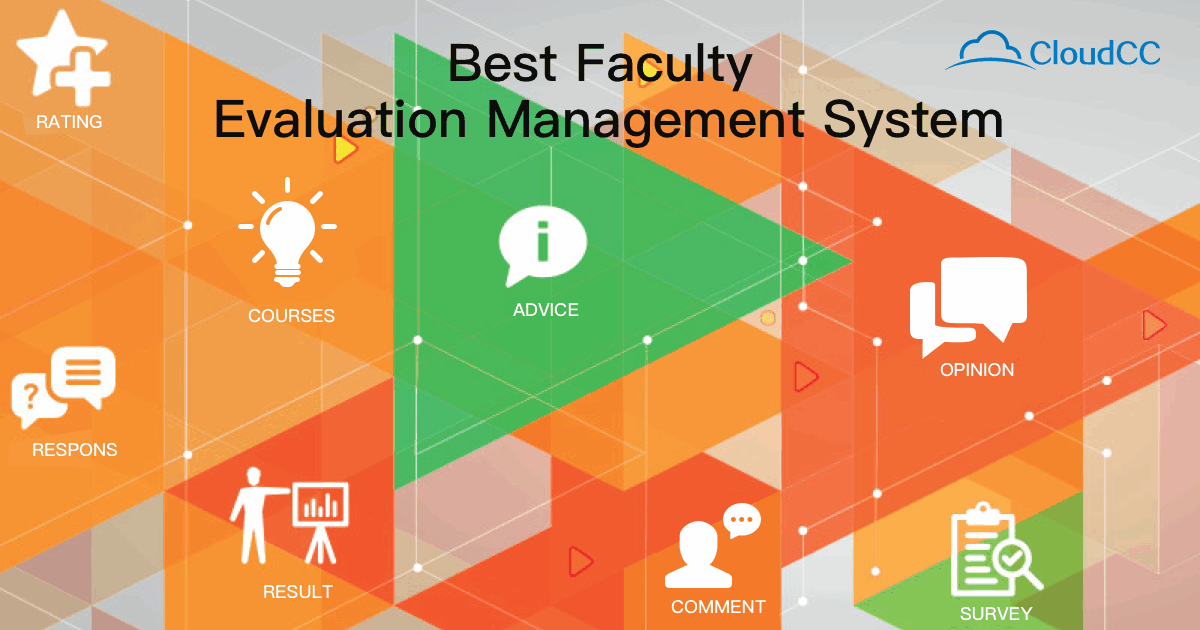While the benefits of CRM-AI integration are transformative, the process introduces a range of complex ethical, technical, and operational challenges that businesses must navigate carefully.
1. Data Privacy and Compliance:
AI-driven CRMs depend on large-scale data collection and processing, which can expose organizations to privacy violations and compliance risks. Sensitive information—such as contact details, purchase histories, and behavioral analytics—must be safeguarded with robust encryption, anonymization, and access controls. Compliance with global data protection laws is essential, and companies must ensure transparent data usage policies to maintain customer trust.
2. Algorithmic Bias and Fairness:
AI systems learn from historical data, which may contain hidden social or demographic biases. When these biases go unchecked, AI models can unintentionally discriminate against specific groups or generate unfair outcomes. Businesses need to establish fairness checkpoints, diversify training datasets, and employ explainable AI tools to make decisions interpretable and auditable.
3. Transparency and Explainability:
As AI becomes more autonomous, decision-making transparency becomes vital. Customers and employees alike need to understand how and why certain AI-driven recommendations or actions are made. Integrating explainability frameworks within CRM systems can help users confidently act on AI insights.
4. Human Oversight and Empathy:
While AI excels in pattern recognition and automation, it lacks human empathy and nuanced understanding. Overreliance on automation risks making customer interactions feel impersonal or mechanical. To maintain authenticity, organizations must design hybrid systems where AI handles repetitive tasks while humans focus on empathy-driven engagement, relationship-building, and strategic thinking.
5. Workforce Adaptation and Change Management:
AI integration also demands cultural change within organizations. Employees may fear job displacement or mistrust AI decisions. Effective change management programs—including training, communication, and collaboration initiatives—help teams embrace AI as a productivity partner rather than a threat.
Ultimately, these challenges underscore that the CRM-AI convergence is not merely a technological upgrade—it’s a philosophical and organizational transformation. Responsible adoption demands balancing innovation with ethics, automation with empathy, and efficiency with accountability.

Back to the list 
Challenges and Ethical Considerations of CRM-AI integration
November 14, 2025








